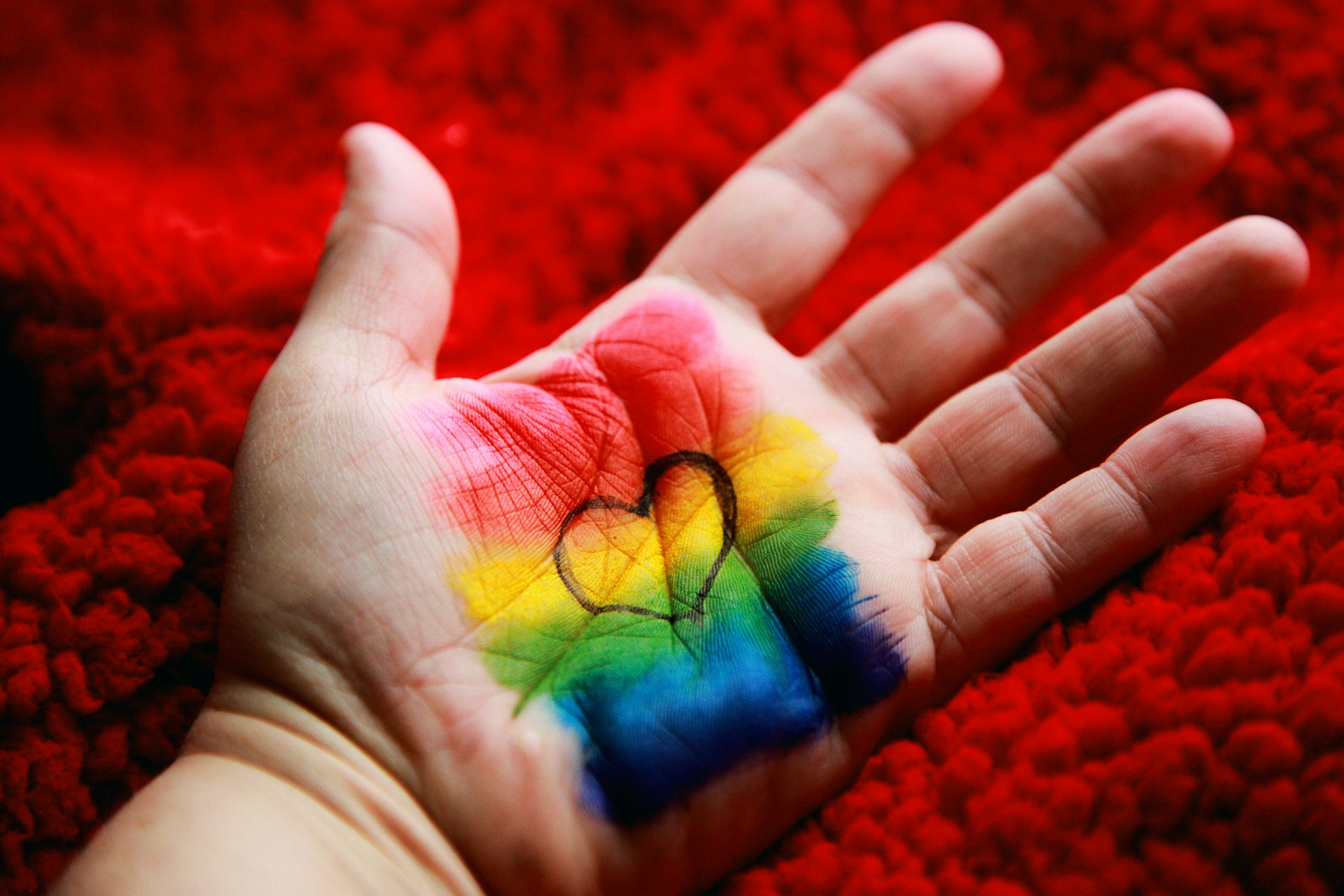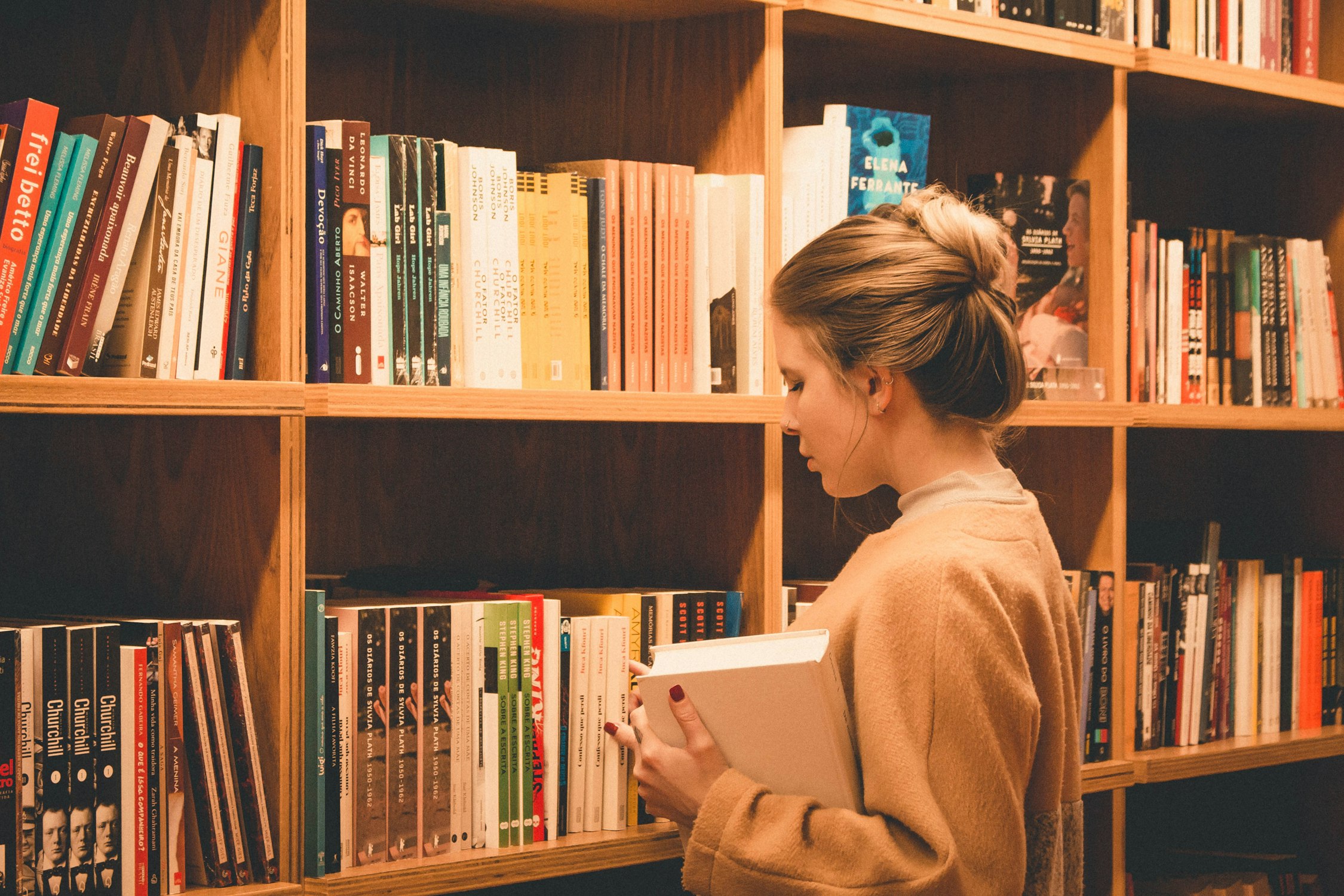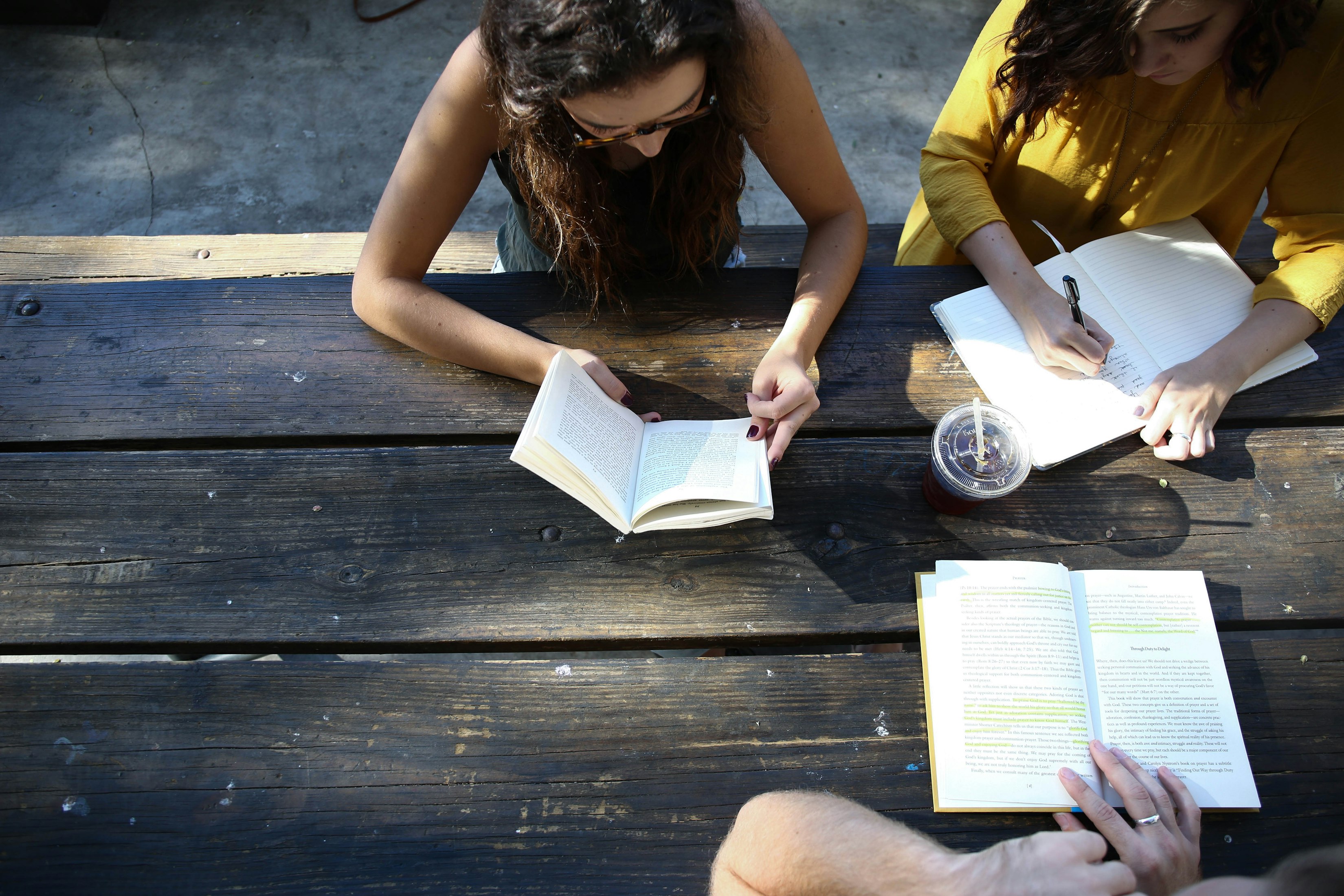Rediscovering Your Identity: Coming Out is Not a One-Time Event
To my dearest friends, family, and readers: I’m gay. For those of you that know me, I know what you’re thinking. “Emma, we know. You came out as bisexual five years ago.” You would be correct. But, in recent months, I’ve realized the bisexual label no longer fits me.
I’m here to say, to the world, that I’m a lesbian.

I came out as bisexual when I was 15. My friends and family were unbelievably supportive, and I became very actively involved in my Gay-Straight Alliance. As far as coming out’s go, it was great. What I didn’t factor into my experience was the internalized homophobia I would feel in the years following. Although I came out when I was 15, my sexuality was what I considered an open secret. I certainly wasn’t hiding it, but I wasn’t going to talk about it either. To me, being queer made me stand out; something I desperately did not want.
To be fair, it was easy not to talk about it. I didn’t date anyone in high school. I had a few, long-term crushes, but that was the extent of it all. Most of my friends knew nothing about boys, and I didn’t care to know anything about boys, and so I let myself just exist, ignoring my sexuality except for inside the confines of my GSA.
College was an entirely different ballgame, for a number of reasons.

The first, and potentially most notable: I got my first girlfriend. Less than a month into college, I started dating a girl. Our relationship would last only a month, leaving me more exasperated than heartbroken, but it confirmed something I had long suspected to be true: I liked girls way, way, way more than I had ever liked boys.
The other big shift was the way people talked about their relationships. In high school, I only knew one person who had even kissed a boy. In college, all my friends had. They would talk about their experiences with men and swap stories back and forth. I liked listening, but I couldn’t imagine myself in their shoes. The thought of dating a man didn’t sound appealing at all. I started to realize I liked the idea of being with a man, of fulfilling some sort of heteronormative dream, more than I actually liked men.
A few months ago, in the midst of this sexuality crisis, my friend asked me point blank, “Do you want to date men? Do you want to have sex with men?” The answer was to both, a flat-out “no.” No hesitations, no more questions asked. Yet, even though I knew so vividly, I struggled with the concept of reframing my identity.
There’s no doubt that part of it is rooted in compulsory heterosexuality, the idea that heterosexuality is assumed and enforced by a patriarchal and heteronormative society. I wanted so desperately to cling to that shred of normalcy, to have a shot at being like everyone around me.
But it was something deeper, too.

The bisexual community has long been plagued by this idea that bisexuality is some sort of “phase.” I felt like by coming out as a lesbian, I was somehow invalidating the experiences of bisexual people everywhere. After five years of identifying as bi, after preaching the dangers of bi-erasure, I felt like a walking stereotype, and even worse, a liar.
But that’s not the case. I was not the spokesperson for bisexuality. I can’t carry that burden on my shoulders. And just because this was my path to figuring out my lesbian identity, that doesn’t mean it belongs to anybody else. I am my own person and I am allowed to define my identity in the way I please. I don’t owe it to anyone to fit the perfect narrative of what a queer person looks like. My journey is my own.
Coming out is unto itself a difficult process.
Coming into an entirely new identity five years later only makes it more difficult. But at the end of the day, it’s okay to change and realize new things about who you are. Coming into yourself takes time. Be willing to wait for it.
tinyurlis.gdv.gdv.htclck.ruulvis.netshrtco.detny.im
